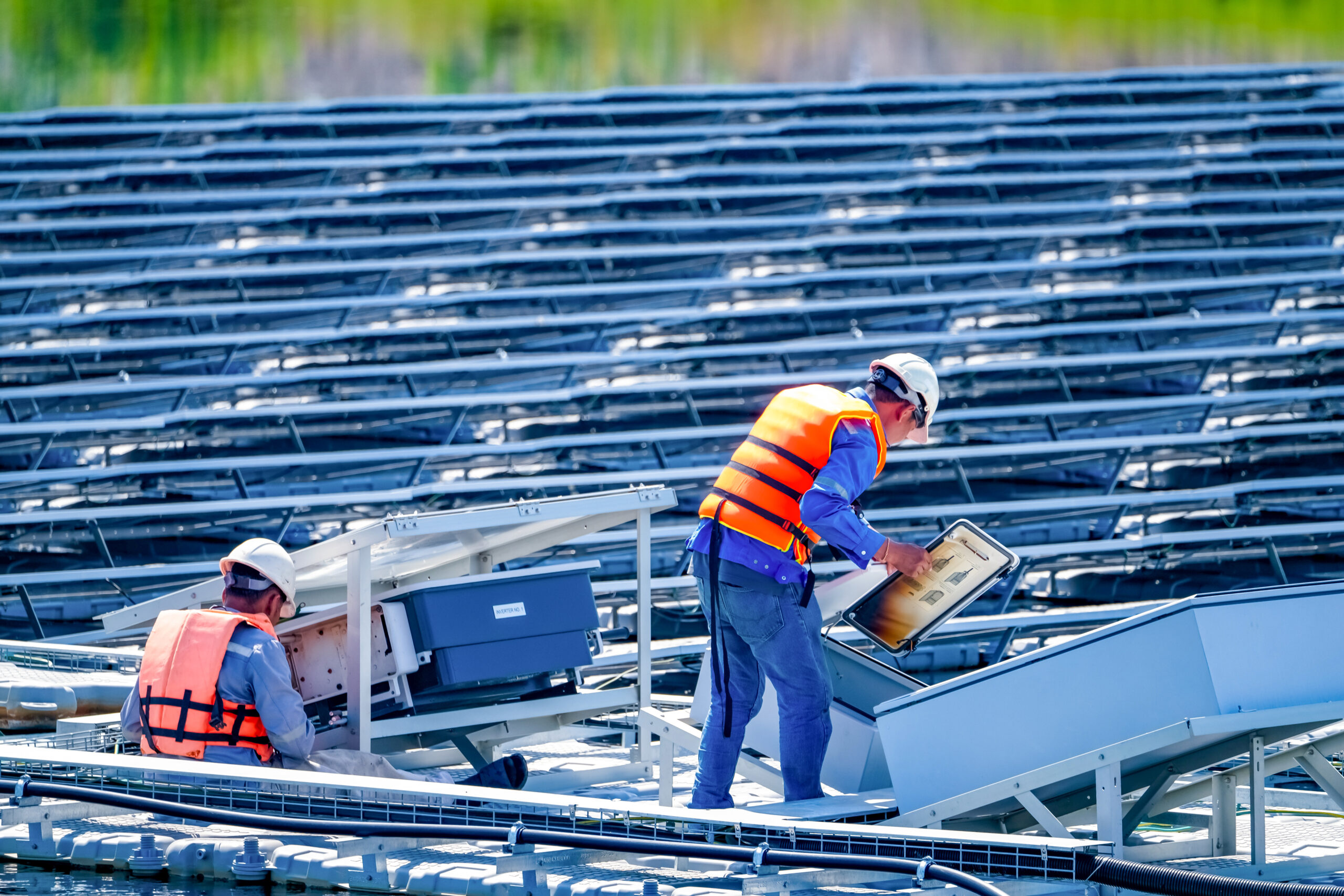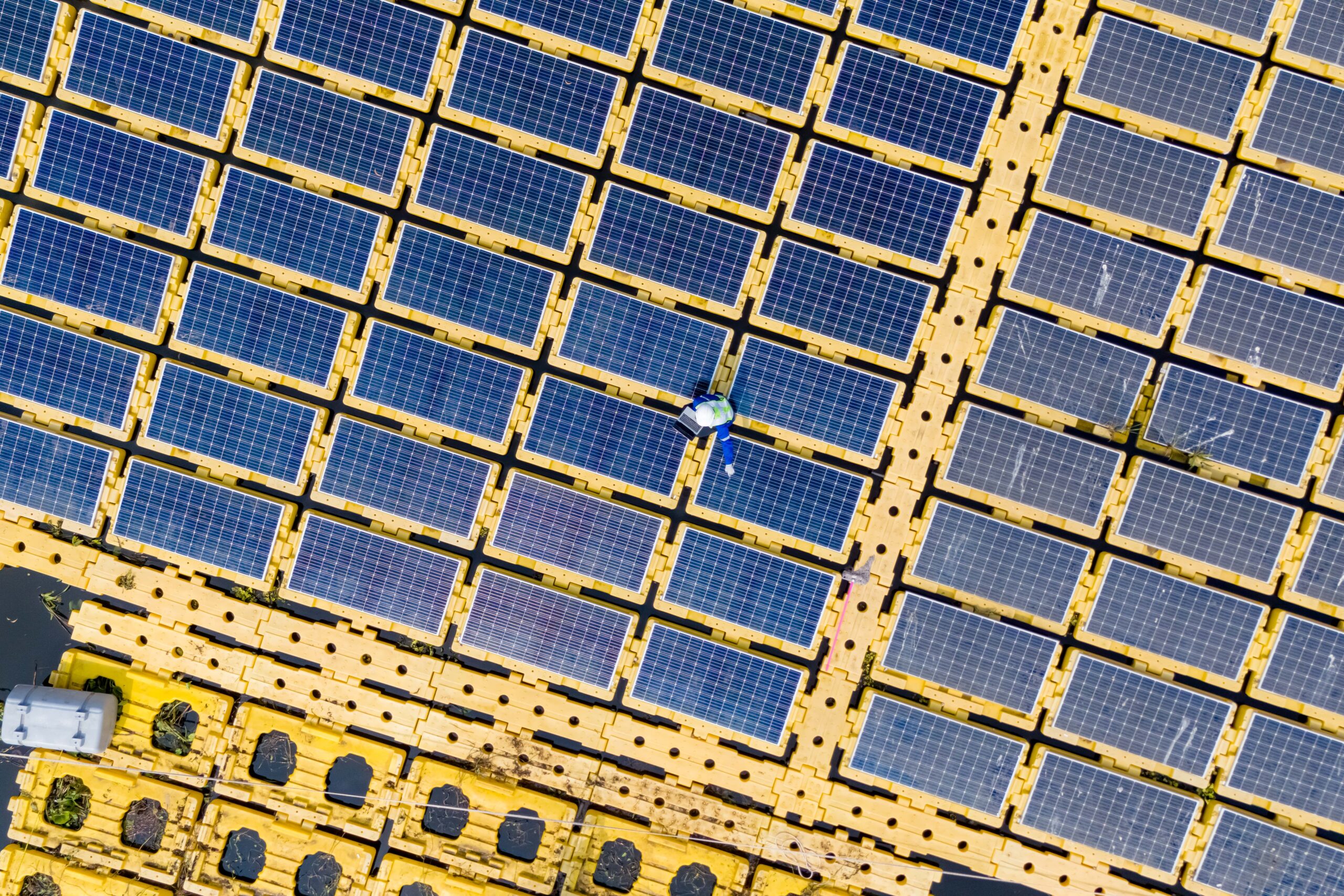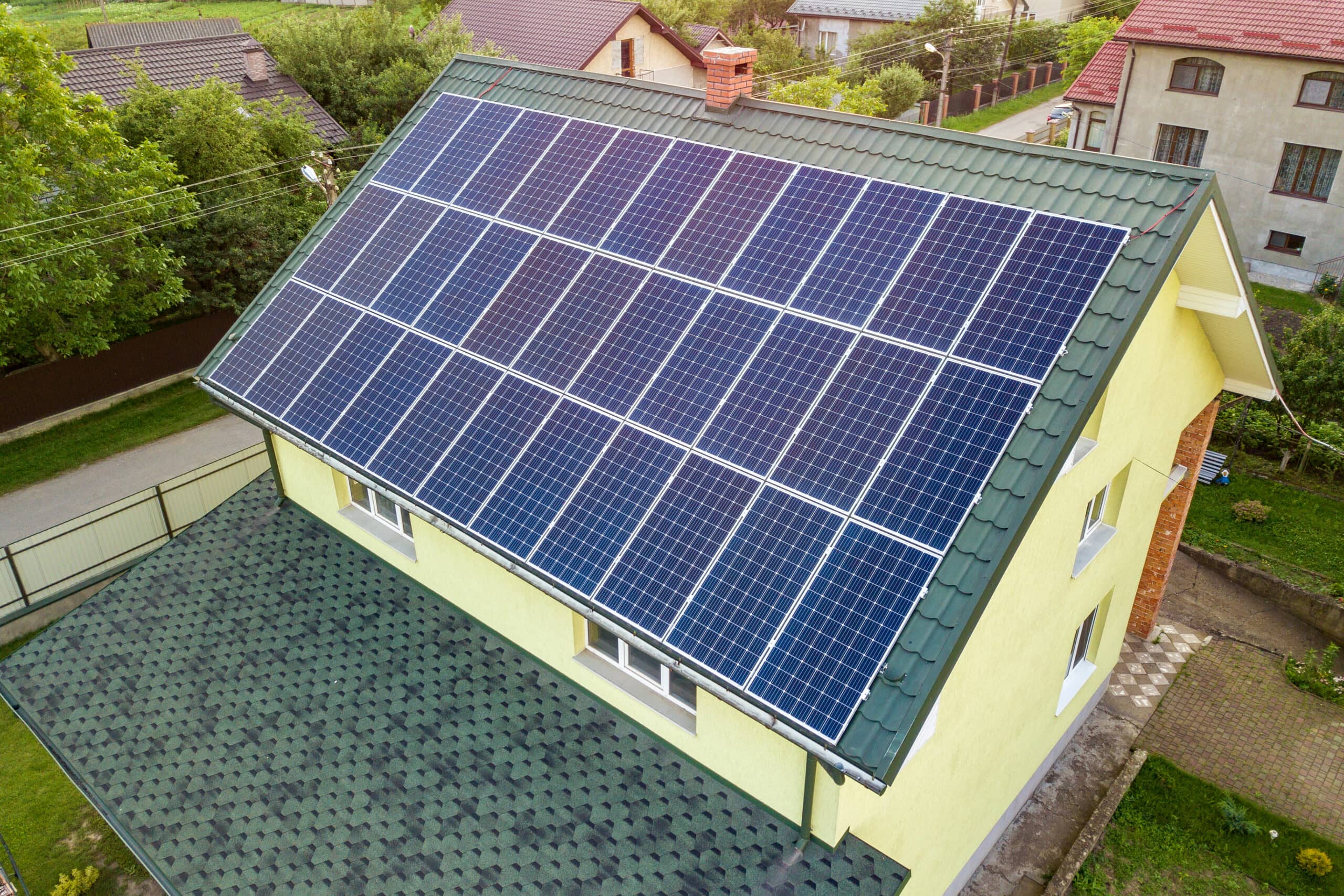Imagine a world where renewable energy is thriving, and solar panels are ubiquitous, harnessing the sun’s power. However, what happens when these panels reach the end of their lifespan? This is where the importance of solar panel recycling in Canada comes into play. It is about being environmentally conscious and implementing sustainable practices in the renewable energy sector. Recycling solar panels can reduce waste, minimize environmental impact, and recover valuable materials. This article will explore the significance of solar panel recycling in Canada, emphasizing the ecological benefits and the pressing need for sustainable practices. Let’s delve into it, shall we?
How can solar panels be recycled?
The process of recycling solar panels involves several steps. First, the panels are collected from various sources, such as residential or commercial installations. Then, they are transported to specialized recycling facilities that have the necessary equipment and expertise.
These facilities carefully dismantle the solar panels to separate their different components. This includes removing the glass, silicon cells, and metal frames. Each component is then processed separately to maximize the recovery of valuable materials.
In Canada, specialized recycling facilities focus on solar panel recycling. These facilities utilize advanced technologies to handle the panels and safely extract reusable materials. For example, they may use thermal or mechanical processes to separate the glass from the cells and recover metals like aluminium or copper.
Recycling solar panels can reduce waste, minimize the environmental impact, and recover valuable resources. It’s an essential part of ensuring the sustainability of renewable energy in Canada.
How it works: Solar panel recycling and reuse
In Canada, the recycling and reuse of solar panels involve a multi-step process. Specialized facilities play a crucial role in handling these panels. Regarding recycling, the panels are carefully collected from various sources, such as residential or commercial installations. Then, they undergo a dismantling process where different components like glass, silicon cells, and metal frames are separated.
Once the components are separated, they are processed individually to maximize the recovery of valuable materials. Advanced technologies, such as thermal or mechanical processes, extract these materials. For instance, the glass is separated from the cells, and metals like aluminium or copper are recovered.
Innovative reuse approaches are being explored in Canada. One such approach is repurposing solar panels for new applications. Instead of recycling them entirely, functional panels can be utilized in off-grid systems or other settings where they can continue to generate electricity.
These recycling and reuse methods minimize waste, reduce environmental impact, and promote the circular economy. They also help recover valuable resources, ensuring the sustainability of the solar industry in Canada.
Disposing of solar panels: What are the current recycling options?
Several recycling options are available in Canada for solar panels. Specialized facilities play a crucial role in ensuring responsible and sustainable disposal. These facilities carefully dismantle the panels, separating the various components for recycling.
In Canada, the recycling process starts with collecting solar panels from different sources, such as residential, commercial, or industrial installations. Once collected, the panels are transported to specialized recycling facilities. These facilities utilize advanced technologies to dismantle the panels and separate the components.
The first step in the recycling process is the removal of the glass cover. The glass is carefully separated and can be recycled into new glass products. Next, the silicon cells, the heart of the solar panel, are extracted. These cells can be recycled to recover valuable materials like silicon and silver. The metal frames of the panels, usually made of aluminium, are also separated and recycled.
In addition to local recycling options, Canada actively participates in international solar panel recycling initiatives and collaborations. These collaborations aim to share knowledge, best practices, and advancements in recycling technologies with other countries. Countries can enhance their recycling efforts and contribute to global sustainability by working together.
It’s great to see local and international efforts being made to ensure the responsible disposal and recycling of solar panels. These initiatives help reduce waste, recover valuable materials, and promote a more sustainable approach to solar panel disposal.
To what extent can solar panels be recycled?
Solar panels can be recycled significantly in Canada, but there are also some challenges and limitations in the recycling process. While the majority of the components in solar panels can be effectively recycled, a few factors can affect their overall recyclability.
One of the challenges in the recycling process is the presence of hazardous materials in solar panels, such as lead and cadmium. These materials must be carefully handled and disposed of in an environmentally friendly manner. Specialized recycling facilities employ advanced technologies and processes to handle and extract these hazardous substances safely.
Another area for improvement is the complexity of the recycling process itself. Solar panels comprise multiple layers of materials, including glass, metals, and silicon cells. Separating these components and recovering valuable materials can be complex and resource-intensive. However, advancements in recycling technologies are continuously being made to improve the efficiency and effectiveness of the process.
Opportunities for improvement in solar panel recycling include developing more efficient and cost-effective recycling methods. Research and innovation are crucial to finding new ways to recover valuable materials from solar panels and minimize waste. Additionally, increasing awareness and promoting the importance of recycling among solar panel manufacturers, installers, and consumers can help drive the adoption of responsible recycling practices.
Overall, while there are some challenges and limitations, the recycling of solar panels in Canada is being actively pursued, and efforts are being made to improve the recyclability and sustainability of these renewable energy devices.
Environmental Benefits of Solar Panel Recycling
Solar panel recycling contributes to resource recovery and waste reduction and offers significant environmental benefits. Here are some key advantages:
- Reduction of E-Waste: Solar panels contain various materials, including glass, metals, and silicon cells. Recycling these panels prevents them from ending up in landfills as electronic waste (e-waste). This reduces the environmental impact of e-waste disposal and helps conserve valuable landfill space.
- Conservation of Natural Resources: Recycling solar panels allows us to recover valuable materials like silicon, silver, aluminium, and glass. These materials can be reused to manufacture new solar panels or other products. By recycling and reusing these resources, we reduce the need for virgin materials extraction, conserve natural resources, and lower energy consumption in manufacturing processes.
- Energy Savings: The recycling process consumes less energy than producing new materials from scratch. By recycling solar panels and using recycled materials in manufacturing, we save energy and reduce greenhouse gas emissions associated with resource extraction, transportation, and production.
- Minimization of Pollution: Properly recycling solar panels prevents the release of hazardous substances and pollutants into the environment. For example, recycling facilities safely handle materials like lead and cadmium found in solar panels, preventing potential soil or water contamination.
- Promoting Circular Economy: Solar panel recycling contributes to a circular economy, where materials are reused, recycled, and repurposed in a closed-loop system. This sustainable approach reduces waste generation, promotes resource efficiency, and fosters economic and environmental resilience.
Recycling solar panels for a Sustainable Future
In Canada, solar panel recycling is vital in creating a sustainable future in the renewable energy industry. Key points to remember are:
- Recycling facilities: Specialized recycling facilities in Canada handle the dismantling and separation of solar panel components, ensuring responsible disposal.
- Component separation: Recycling involves separating materials like glass, silicon cells, and metal frames.
- Challenges and improvements: Challenges include handling hazardous materials and the complexity of the recycling process. However, ongoing research and innovation aim to improve efficiency and find more cost-effective methods.
- Opportunities for improvement: Increasing awareness and promoting responsible recycling practices among manufacturers, installers, and consumers can drive sustainable practices.
Recycling solar panels is crucial for a sustainable future. It reduces waste, recovers valuable materials, and minimizes environmental impact. By embracing recycling, the renewable energy industry can continue to grow while reducing its carbon footprint.




